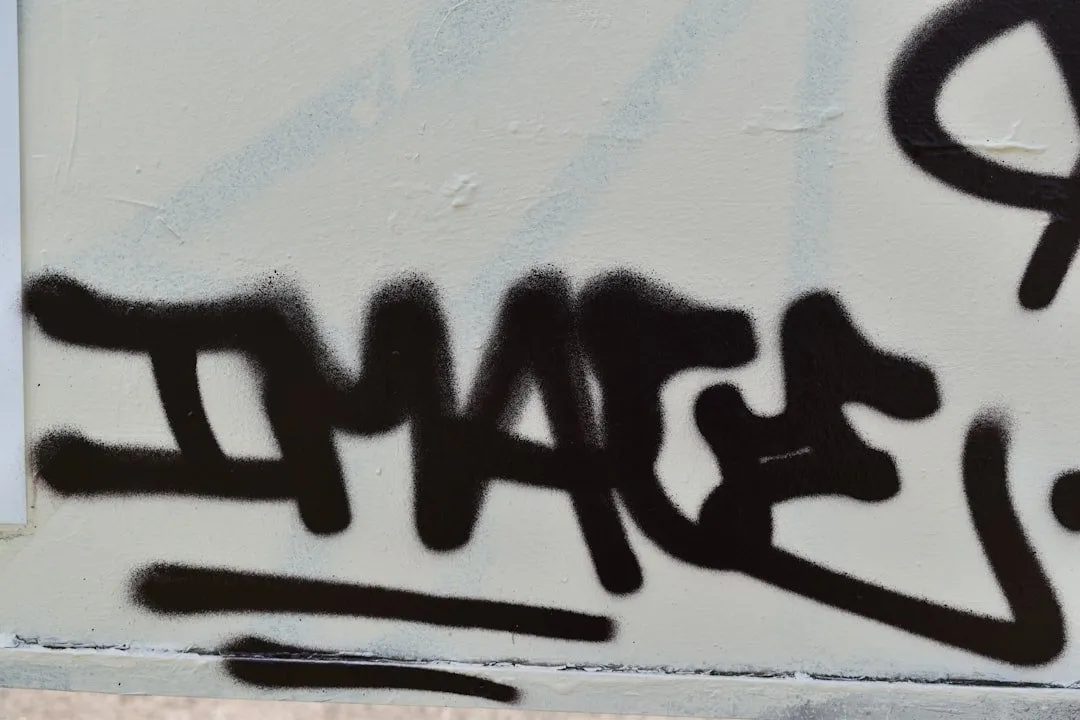Maeng Da Kratom Powder (MDK), a potent natural substance from Southeast Asia, is known for its energizing and calming effects. While not explicitly prohibited in military guidelines, the U.S. Army tests for Kratom use due to its growing popularity among service members for pain relief and mood enhancement. Positive test results can lead to disciplinary action. The Army's relationship with Kratom is complex, as its legal status varies globally and research on its effects is still evolving, making it crucial to understand its impact on military performance and well-being.
“Maeng Da Kratom Powder, a potent strain originating from Thailand, has garnered significant attention in recent years. This article delves into the intricacies of this unique substance, exploring its origins and growing military relevance. With a focus on ‘does army test for kratom’, we navigate the policies and testing procedures surrounding its use among personnel. Understanding the impact of Kratom on military operations requires examining its effects on performance, health, and overall readiness.”
- What is Maeng Da Kratom Powder?
- Army and Kratom Usage: Policies and Testing
- Understanding the Impact of Kratom on Military Operations
What is Maeng Da Kratom Powder?

Maeng Da Kratom Powder, often referred to as MDK, is a highly potent strain of kratom, a natural plant-based substance native to Southeast Asia. It’s renowned for its strong effects, which include both energizing and calming properties, making it a popular choice among users seeking a balanced experience. The term ‘Maeng Da’ translates to ‘high quality’ or ‘premium,’ reflecting the strain’s reputation for potency and consistency.
In terms of military applications, there’s been speculation about whether the US Army tests for kratom use. However, as of recent data, kratom isn’t explicitly listed as a prohibited substance in military guidelines, suggesting it’s not a primary focus in their drug testing programs. This doesn’t imply endorsement but rather an absence of explicit regulation targeting kratom among service members, leaving room for further discussion on its potential benefits or risks within specific military contexts.
Army and Kratom Usage: Policies and Testing

The relationship between the U.S. Army and Kratom is an interesting one, especially considering the growing popularity of this natural substance among service members. While Kratom has been used for its potential pain-relieving and mood-enhancing properties by military personnel in certain regions, the official policies and testing procedures remain a point of discussion. Does army test for kratom? is a question that has gained traction due to concerns over its misuse and potential impact on readiness.
The U.S. Army, like other branches of the military, has strict substance abuse policies in place. While there isn’t a specific policy banning Kratom, it’s not explicitly approved for use either. Testing for Kratom is primarily conducted as part of broader drug screening programs, utilizing advanced methods to detect its presence in urine or blood samples. Service members are expected to be aware of the potential consequences of using Kratom, as positive test results can lead to disciplinary action, up to and including discharge, depending on the circumstances and local regulations.
Understanding the Impact of Kratom on Military Operations

Kratom, a natural substance derived from the leaves of the Mitragyna speciosa plant, has gained attention for its potential effects on physical and mental performance. This has raised significant concerns within military circles, as understanding the impact of kratom on operations is crucial. The U.S. Army, among other branches, has expressed interest in knowing whether service members use kratom and how it might affect their readiness and safety. The issue is further complicated by varying legal statuses of kratom across different regions, making it challenging to establish uniform testing protocols.
Military operations demand peak physical and mental function, and the potential stimulatory or calming effects of kratom could influence a service member’s ability to make critical decisions under stress. Research into its active compounds, mitragynine and 7-hydroxymitragynine, reveals complex interactions with the human body’s opioid receptors. While some soldiers claim it enhances focus and energy, others report relaxation and pain relief. The variability in reported effects underscores the need for further study to determine kratom’s true impact on military performance and well-being.
Maeng Da Kratom Powder, known for its potent effects, has sparked discussions, especially regarding its presence in military settings. The question of whether the army tests for kratom is crucial as it impacts operational safety and personnel well-being. Understanding the impact of kratom on military operations underscores the need for clear policies and testing protocols to ensure the safety and effectiveness of service members. By delving into these issues, we can foster a more informed approach to managing substances like kratom in high-pressure environments.














